Hot-Air or a Resurgence? Making Sense of Unconstitutional Changes in Government in Africa
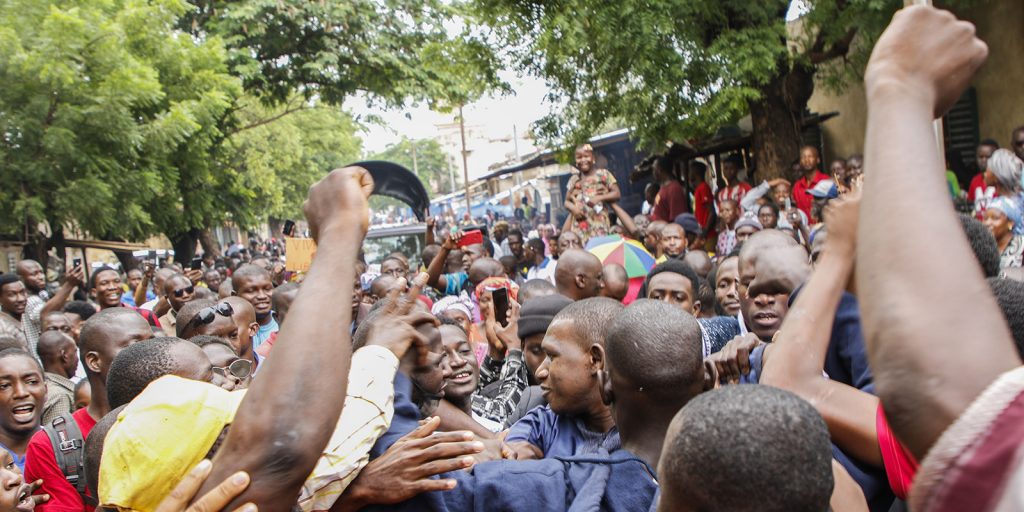
Africa has experienced six military coups and two attempted coups. These events represent a sharp rise in such contested political transitions over the previous 10-year period and indicates the possibility of further instability on the continent.
eThekwini Conclusions and the significance for the Inaugural Joint APRM – PSC Retreat
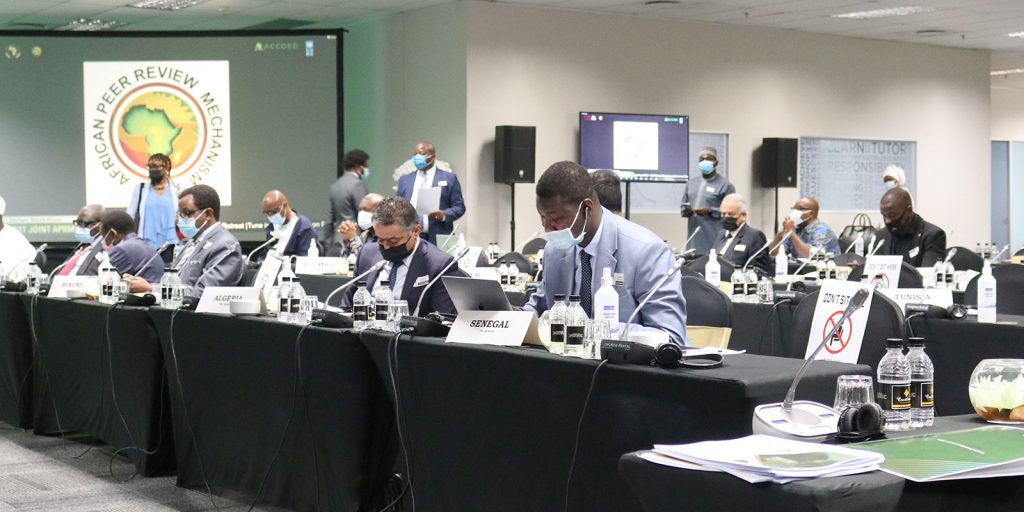
From 19th to 21st December 2021, members of the African Union (AU) Peace and Security Council (PSC), gathered in Durban for the Inaugural Joint Retreat between the African Peer Review Mechanism (APRM) and the PSC.
Promoting Regional Integration and Development in ECCAS by investing in Human and Social Development
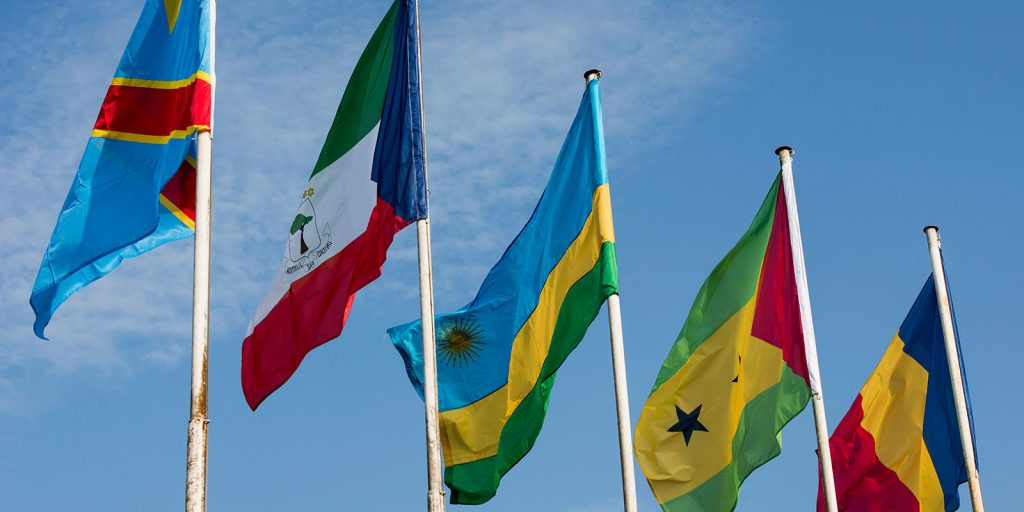
Formal regional integration exercises aim to play a leading role in reversing the process of marginalisation of the economies of the ECCAS zone.
The Road to COP27 – the African COP has to be something different
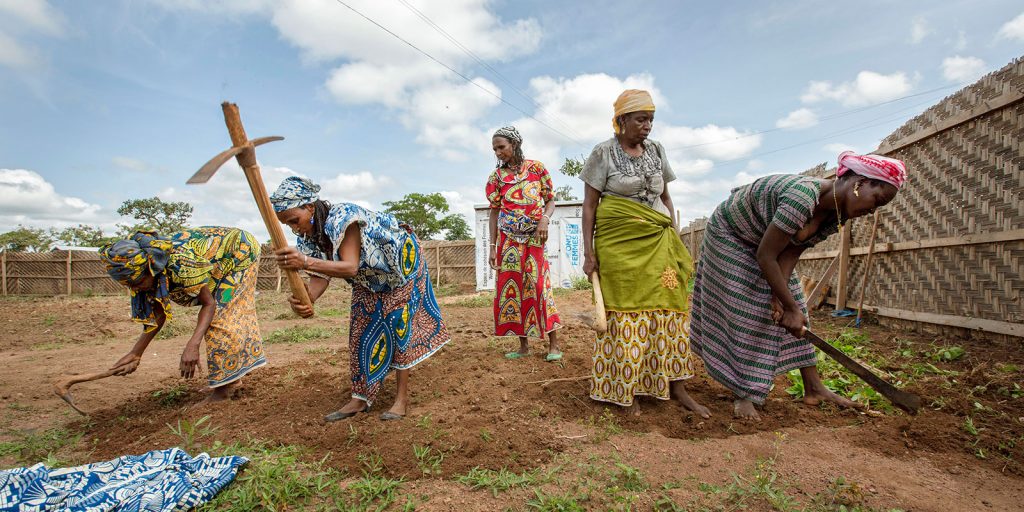
As the COP26 and COP27 Presidencies meet in Denmark for a joint ministerial meeting, the opportunity to advance debates on issues that matter for Africa should be seized.
Ukraine Conflict – Implications and Opportunities for Africa
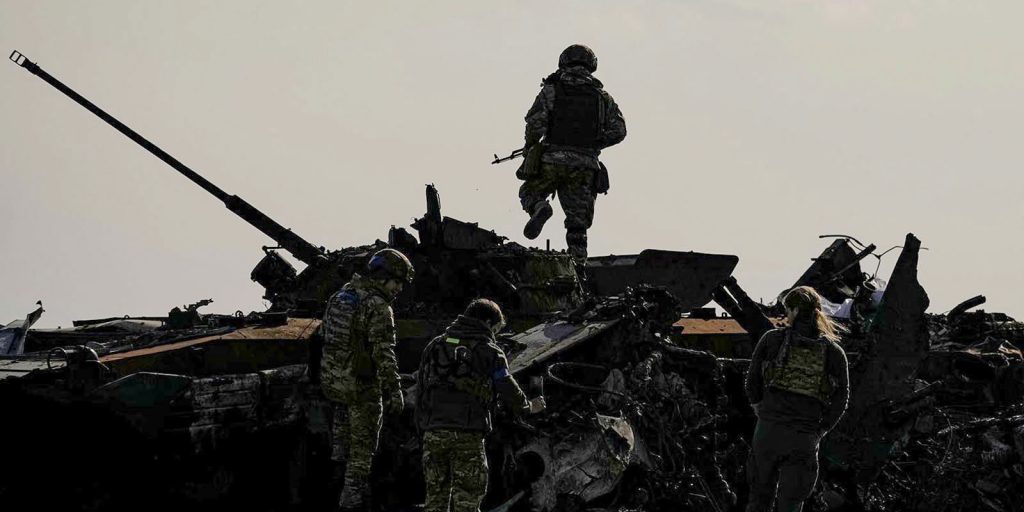
As Africa prepares for the inevitable political and economic fallout of the war in Ukraine, it may be an opportune time for some African countries to formulate new political and economic policies that may benefit from a shift in global markets.
Grappling with and Adapting to Climate Change in South Sudan
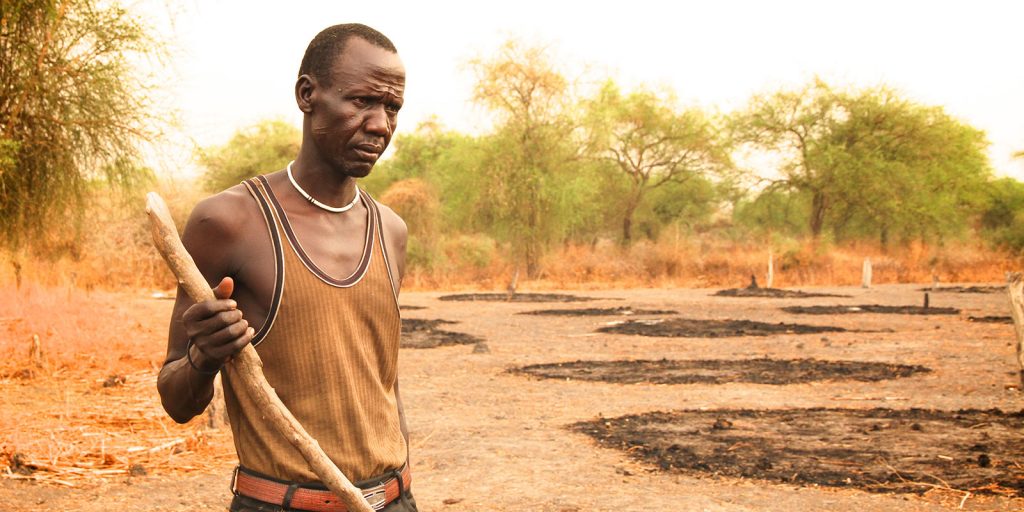
Almost a decade since the conflict in South Sudan commenced, the conflict has become further fragmented, with indiscriminate violence across the country being highly varied.
Fixing the Lake Chad crisis from the bottom-up
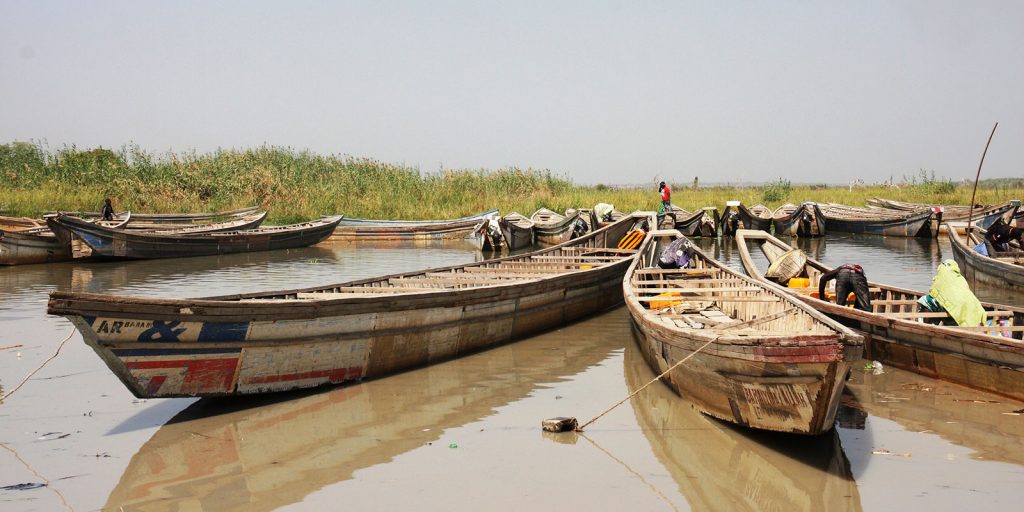
While the current crisis in the Lake Chad region is often framed by the violence perpetrated by Boko Haram, other factors have converged and exacerbated the crisis.
Former President Banda’s contribution to democracy in Zambia and beyond
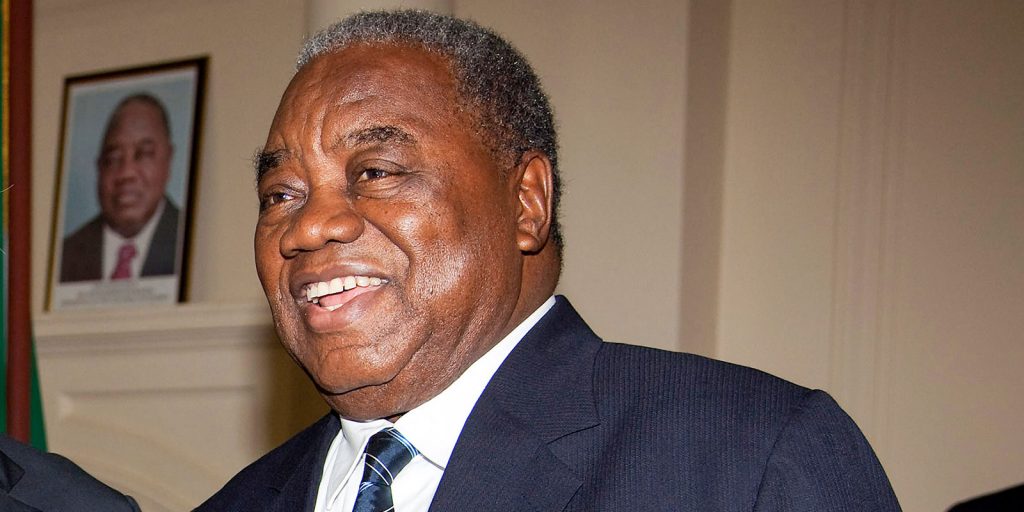
Former Zambian President Rupiah Banda led the country for 3 years from 2008 to 2011. He became the fourth president after the country’s independence from British rule in 1964.
Eswatini: Options for Dialogue and Peace
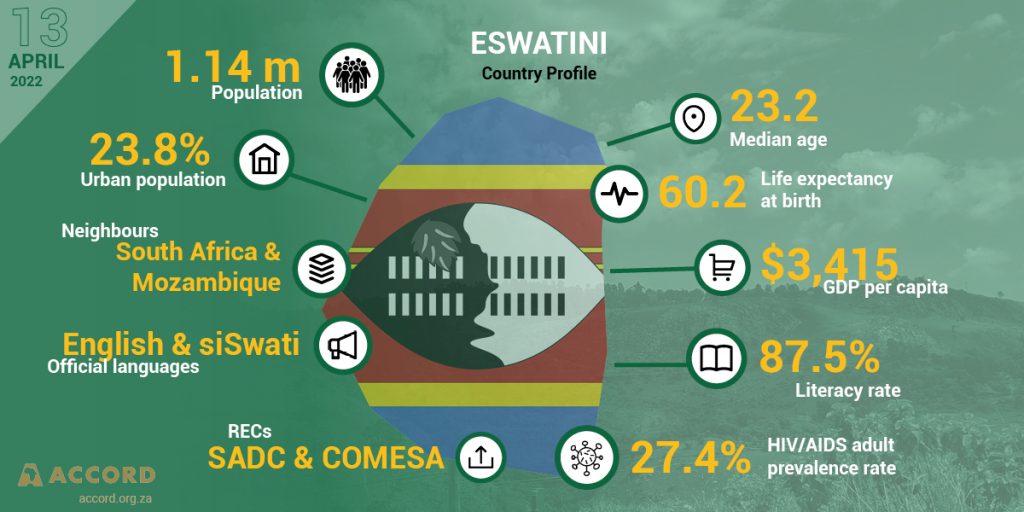
Once the stakeholders in Eswatini get to a point of national dialogue, the question of what will happen at this dialogue will arise.
Reflections on the 66th Session Commission on the Status of Women
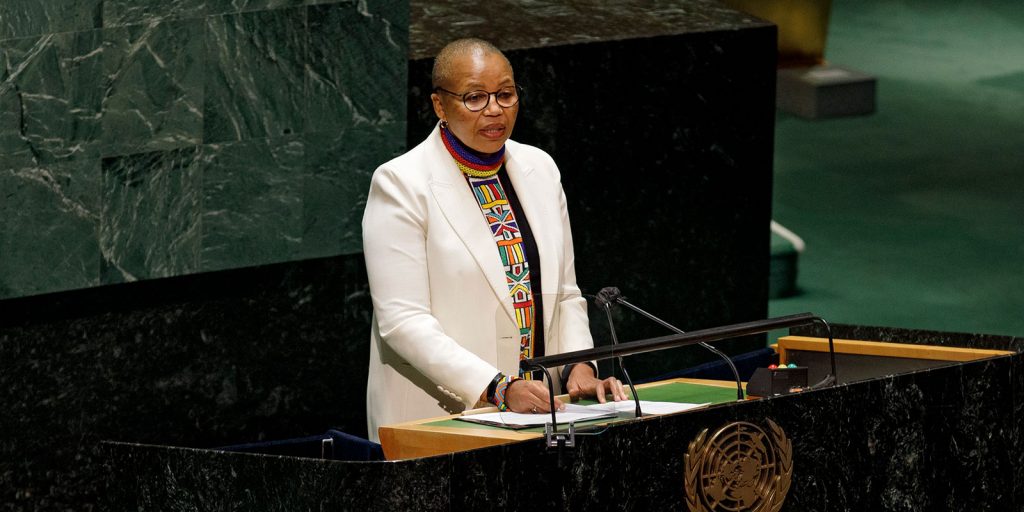
The priority theme for CSW66, ‘Achieving gender equality and the empowerment of all women and girls in the context of climate change, environmental and disaster risk reduction policies and programmes’, gave us an opportunity to reflect on an area of key contemporary importance.
